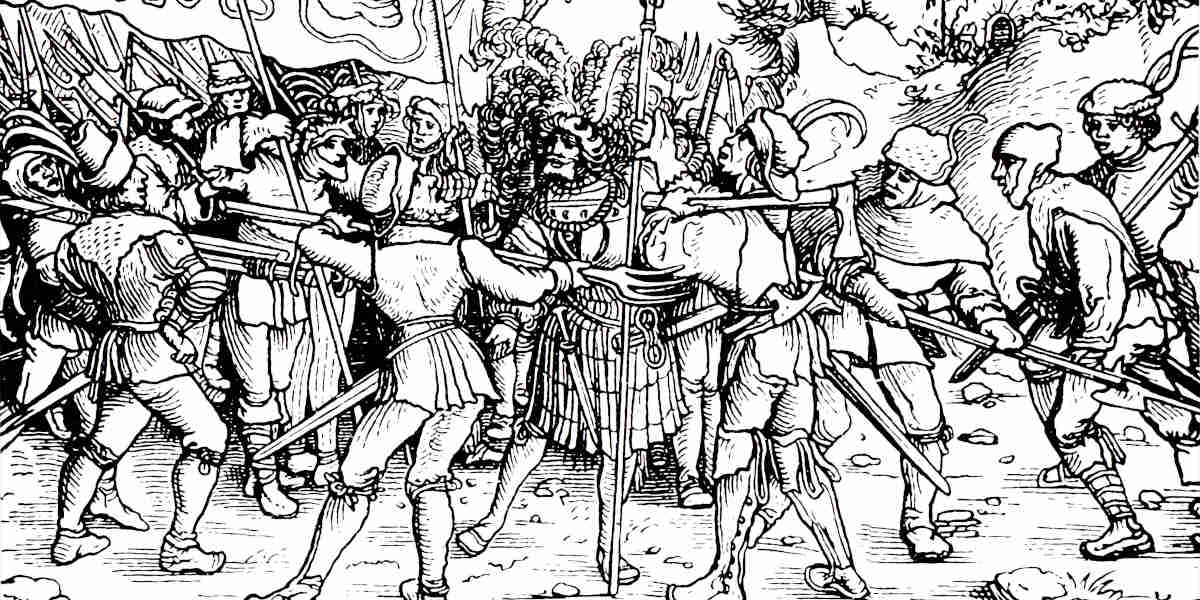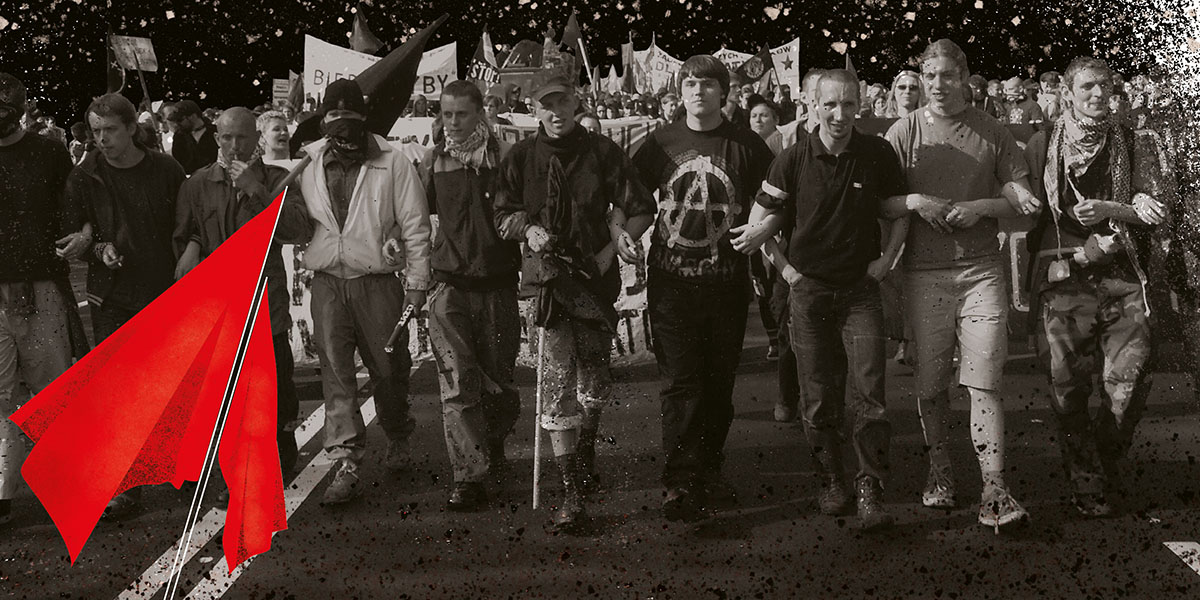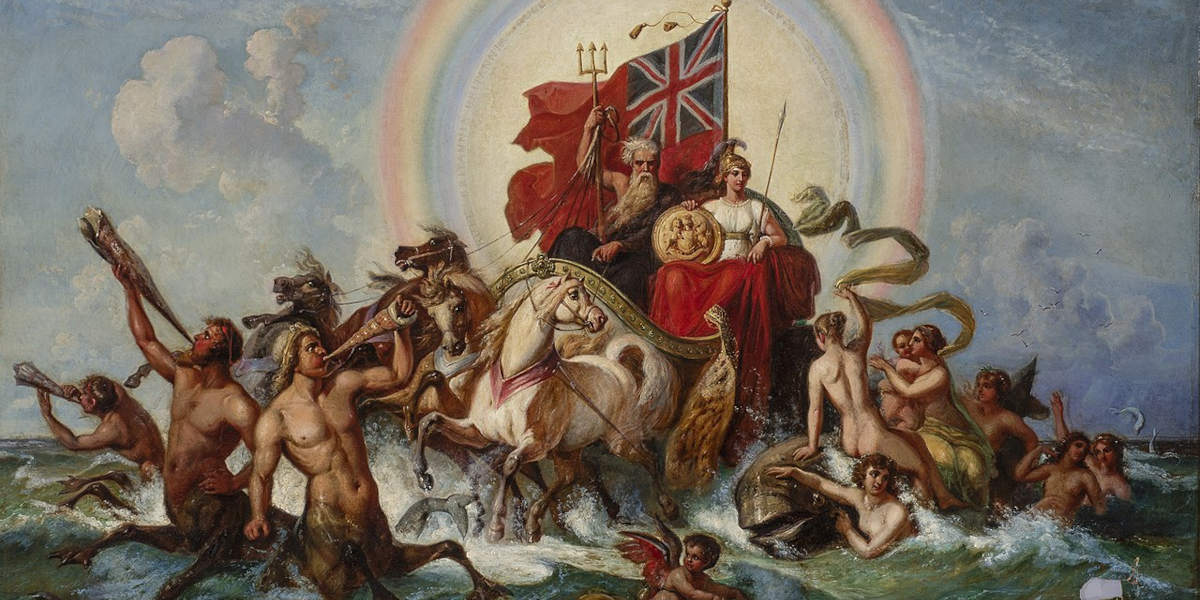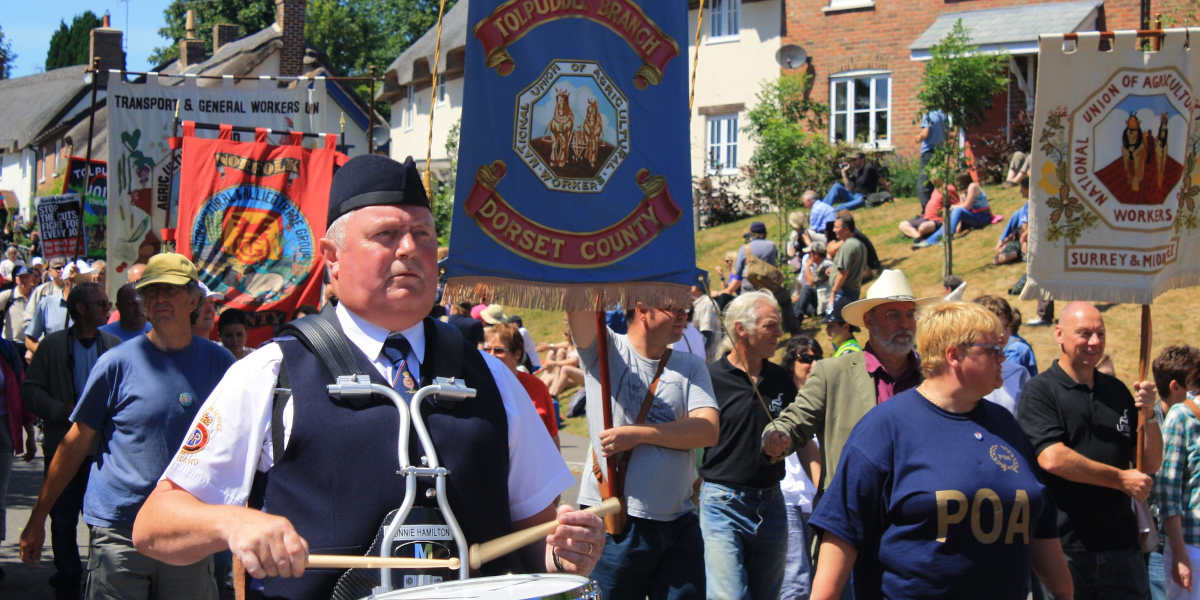History
-

The capitalist crisis of liberal democracy
Jenny Pearce considers how the left should respond to the failings of liberal democracy in the face of the new capitalist authoritarianism
-

The German Peasants’ War: 500 years later
A half a millennia ago, the peasants of Germany rose in rebellion against their lords. Martin Empson examines why the revolt is relevant today
-

Kanaky Rising: A timeline of struggle
A 250-year struggle to liberate Kanaky (New Caledonia) from French colonial rule continues today. Gerry Hart traces the history
-

One no, many yeses: tracing the anti-globalisation movement
The anti-globalisation movement was born at much the same time as Red Pepper. James O’Nions reflects on its rise
-

The Truth About Empire – review
More than a mere rebuttal of colonial apologetics, The Truth About Empire is a vital tool against the rising tide of reactionary retellings of history, writes Peter Mitchell
-

Another England – review
The left has long been skeptical of embracing English identity, but Caroline Lucas offers a radical alternative vision of Englishness divorced from right wing nationalism writes Tommy Sissons
-

Sudan’s lost revolution
The hopes of the grassroots, citizens’ revolution have given way to the brutality and violence of rentier elites in Sudan, writes Raga Makawi








